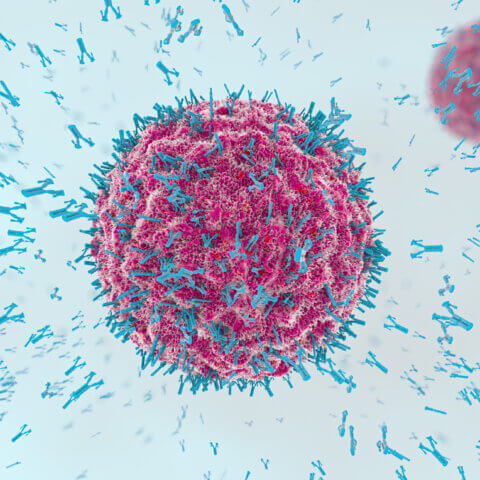Last Updated: January 7, 2026, 4 pm UTC
As we continue to face health emergencies and imminent threats to our safety and well-being, the medical community is tasked with bringing solutions to the patients in an expedited and safe manner. One such opportunity is to partner with the US FDA by submitting an Emergency Use Authorization (EUA) for any products that could immediately and effectively address a health emergency.
Under section 564 of the Federal Food, Drug, and Cosmetic Act (FD&C Act), the FDA Commissioner may allow unapproved medical products or unapproved uses of approved medical products to be used in an emergency to diagnose, treat, or prevent serious or life-threatening diseases or conditions caused by chemical, biological, radiological, and nuclear (CBRN) threat agents when there are no adequate, approved, and available alternatives. Worth noting is that submission of an IND or IDE is not required for potential EUA products.
The (EUA) authority allows the FDA to help strengthen the nation’s public health options by creating medical countermeasures to alleviate a national health crisis. The guidance allows developers to provide minimal evidence and validation of their therapies such as limit of detection, cross-sensitivity, inclusivity, and clinical evaluation. In past cases, developers of In-vitro Diagnostic (IVDs) and vaccine products have often partnered with the FDA by submitting a EUA request in hopes of bringing a much-needed solution to the clinical setting and benefit the patients in need.
For vaccine development, the FDA may grant a EUA for a product and put it on an accelerated pathway to market in response to a public health emergency. However, even with the availability of a EUA or an expedited program, developers must still meet minimum threshold requirements to demonstrate that a vaccine is safe and effective. The key difference being that the FDA will look for a “totality of evidence” rather than just focus on the need for a well-controlled trial.
For example, if a certain product has shown to be effective in related health conditions or past infections, then that data can be utilized as supplemental to the new evidence being generated. The goal of the EUA is to allow sponsors and the FDA to bring innovative and relevant therapies to market where the benefits of use outweigh the potential risks.
Per the guidance, the FDA recommends that a request for an EUA include a well-organized summary of the available scientific evidence regarding the product’s safety and effectiveness, risks (including an adverse event profile) and benefits, and any available, approved alternatives to the product. The exact type and amount of data needed to support an EUA may vary depending on the nature of the declared emergency or threat of emergency and the nature of the candidate product. FDA may seek additional data and information on a case-by-case basis to ensure that the statutory criteria for issuance of an EUA are met.
For sponsors that feel their products (whether currently approved or unapproved) can service a health emergency; their immediate action would be to dialogue with the US FDA and conduct a “pre-EUA meeting” and initiate the activities that would enable them to seek a EUA and subsequently allow for such life-saving products.

 Webinar
Webinar 


 Perspectives Blog
Perspectives Blog 